Internal medicine billing is a complex process that affects both doctors and medical staff. Many challenges arise, from coding errors to insurance denials. Internal medicine billing presents distinct challenges that set it apart from other types of medical billing. internal medicine physician manage a broad range of complex and chronic conditions, requiring specialized billing processes to accurately reflect the depth of their services.

The Complexity of Internal Medicine Billing
Internal medicine billing is a multifaceted process that requires precision, compliance, and in-depth knowledge of medical coding. Unlike general practice, internal medicine involves managing chronic conditions, multiple comorbidities, and extensive diagnostic procedures, making billing more intricate. Accurate documentation, proper use of CPT and ICD codes, and adherence to insurance guidelines are crucial to avoid claim denials and revenue loss. Additionally, navigating Medicare, Medicaid, and private insurance policies adds another layer of complexity. By implementing streamlined billing workflows and leveraging medical billing software, healthcare providers can enhance efficiency, reduce errors, and optimize reimbursements.
Common Challenges in Internal Medicine Billing
1. Frequent Coding Errors
Internal medicine billing requires detailed medical codes for various treatments. Even minor mistakes can cause claim denials. Misplaced modifiers, incorrect diagnosis codes, or missing details can lead to lost revenue.
To avoid errors, medical billers should use up-to-date coding resources. Regular training and audits help ensure accuracy.
- Insurance Denials and Rejections
Insurance companies often reject claims due to missing information or incorrect coding. Understanding different insurance policies is crucial for smooth billing. If a claim gets denied, it takes extra time to correct and resubmit it. This can delay payments and affect cash flow.
Medical offices should verify patient insurance details before appointments. This helps prevent claim rejections and ensures faster reimbursements.
- Changing Billing Regulations
Healthcare billing laws frequently change. Medical practices must comply with new rules to avoid penalties. Failing to follow updated guidelines can lead to revenue loss and legal trouble.
Staying informed about regulatory changes ensures compliance. Subscribing to industry updates and attending training sessions can help medical staff stay ahead.
- Time-Consuming Administrative Work
Internal medicine billing requires significant paperwork. Staff must process claims, verify patient details, and follow up on unpaid bills. This takes valuable time away from patient care.
Using advanced billing software or outsourcing to the best medical billing companies can reduce this burden. These solutions streamline the process and improve efficiency.
- Delayed Payments and Revenue Loss
Late payments are a major issue in medical billing. Even approved claims can take weeks or months for reimbursement. Cash flow problems can affect practice operations and salaries.
To speed up payments, practices should track claims regularly and send reminders for unpaid bills. Automating billing processes can also help reduce delays.
How to Improve Internal Medicine Billing
1.Use the Best Medical Billing Software
Billing software reduces errors and speeds up claims processing. Many tools offer automated coding, claim tracking, and analytics. Choosing the right software improves efficiency and revenue collection.
- Train Staff Regularly
Continuous education on medical billing practices helps prevent errors. Staff should stay updated on coding changes, insurance policies, and billing regulations.
- Verify Patient Information Early
Confirming patient details before appointments helps avoid claim denials. Ensure accurate insurance information and eligibility to prevent issues later.
- Monitor Claims and Follow Up
Tracking claims from submission to payment helps prevent revenue loss. If a claim is denied, quick action can resolve the issue and speed up reimbursement.
- Consider Outsourcing to Experts
The best medical billing companies specialize in handling claims efficiently. Outsourcing can reduce administrative work and improve cash flow. Experts ensure accurate coding and faster payments.

Conclusion
Internal medicine billing comes with many hidden struggles, from coding errors to insurance denials. Staying informed, using advanced software, and training staff can help overcome these challenges. By optimizing billing practices, medical offices can improve cash flow and focus on patient care. Choosing the best medical billing solutions can make a significant difference in reducing stress and increasing revenue.







